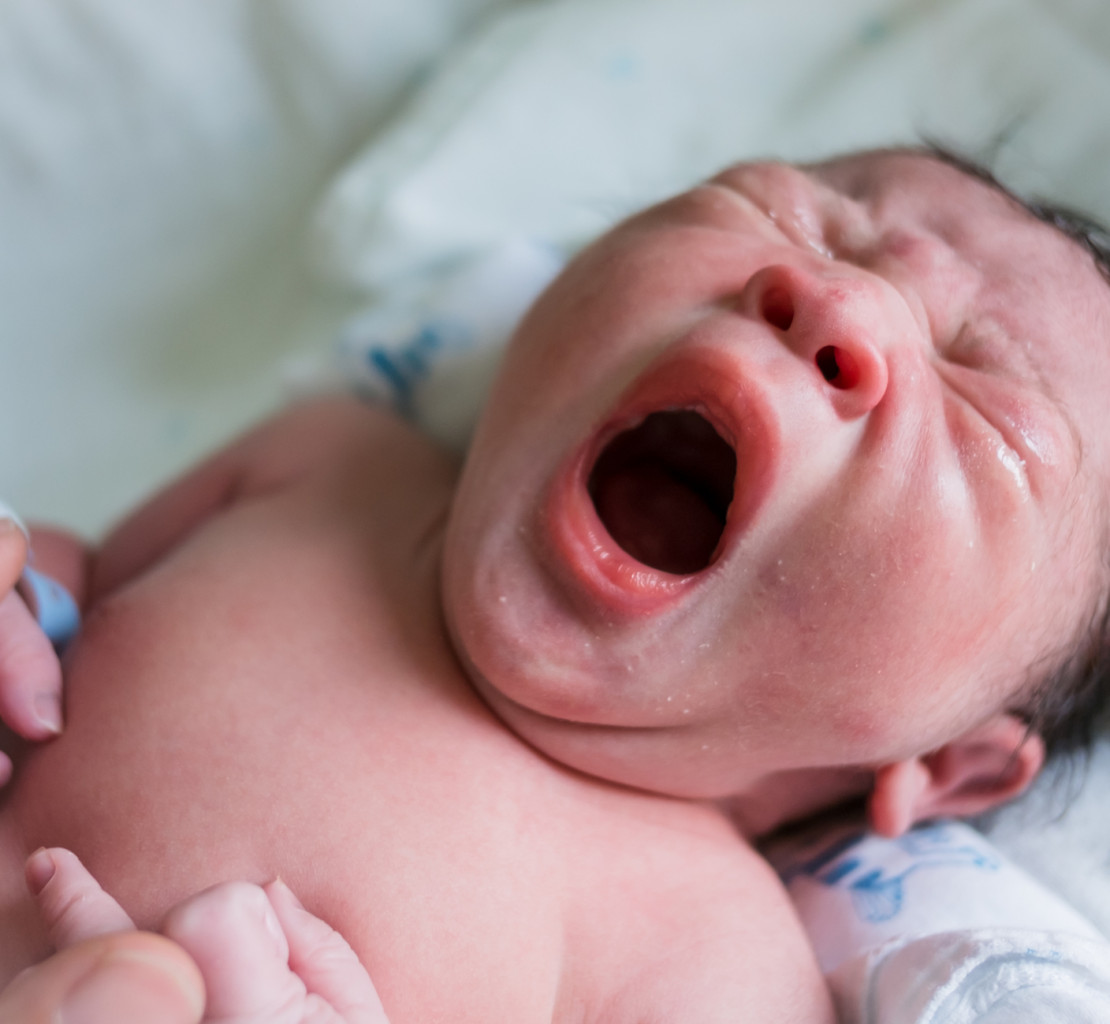Sleep and Newborns-A Parent’s Survival Guide
Updated February 6th, 2018

It can be very difficult to know when and how long your baby will sleep. Newborns often they have their days and nights mixed up. From birth – 4 months of age, your baby may sleep up to 18 hours a day but will wake often to feed. Many parents feel exhausted because your sleep will be disturbed with night feedings, diaper changes and baby snuggles.
Just when you think your baby is getting into a sleep routine he will
- have a growth spurt and wake up to feed more often,
- learn a new skill and be “excited,” and want to practice it,
- or start teething which can cause pain and irritation,
These can all change your baby’s sleep patterns and leave you feeling like it will go on forever. The good news is most babies will settle into a sleep routine within a few months.
Here are some tips to help your baby sleep
- Give your baby naps during the day – an over tired baby can have trouble settling at night.
- Put your baby down for a sleep when she starts looking tired (rubbing eyes, yawning, looking away, fussing).
- Create a sleep routine with the goal of settling baby for sleep. Put baby down at the same time, in the same place and with the same “pre-sleep” quiet activities such as feeding, cuddling, songs and stories.
- Keep the room at a comfortable temperature – not too hot or too cold. These tips, time and patience will help your baby get into a good sleep routine. Parents should be aware that there are many books and some companies that promote or sell “sleep training”. These are not generally recommended. Talk to your health care provider if your baby seems to have a lot of trouble falling asleep.
For more great tips see:
- Caring for kids website- healthy sleep for you and baby.
- Vancouver Coastal Health- Sleep and your Infant
Hot parent tips!
- Rest while your baby sleeps. While this feels hard because you may want to get things done, your body and mind will appreciate the rest!
- Keeping your baby safe while he sleeps is one of the most important things you can do for your baby. When you create a safe sleep space you reduce the risk of Sudden Infant Death Syndrome (SIDS). For all safe sleep information see the article below Safe Sleep and Your Baby.
References/Resources:
American Academy of Pediatrics (AAP) How to keep your sleeping baby safe: AAP Policy Explained